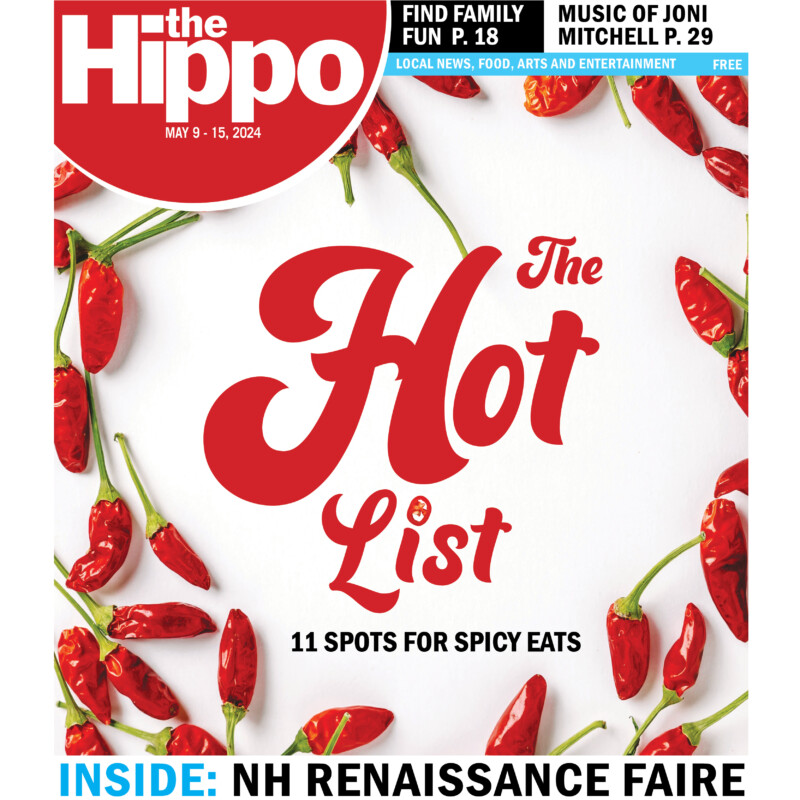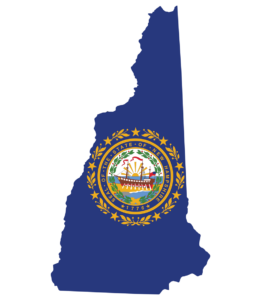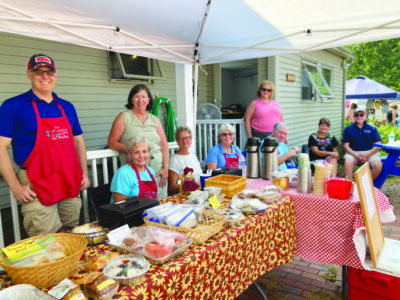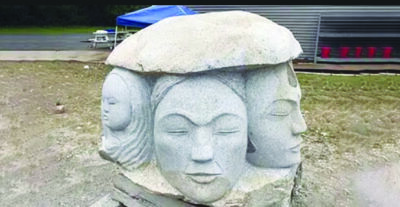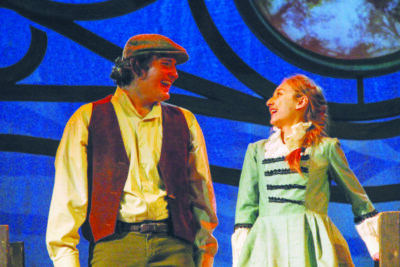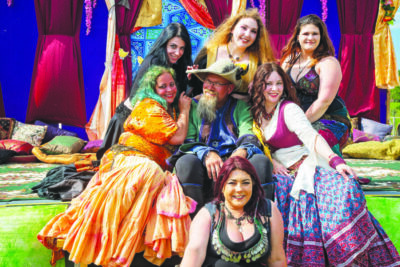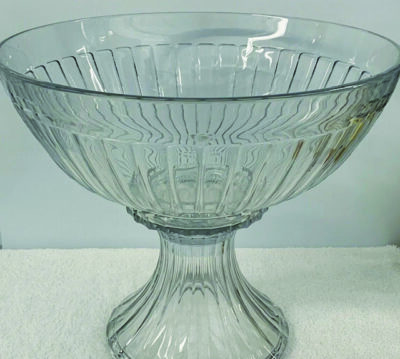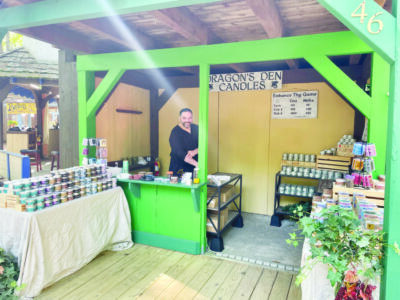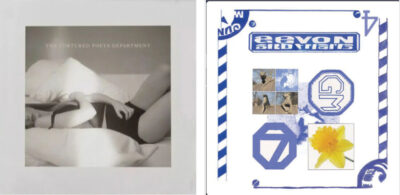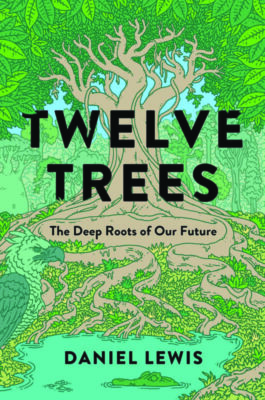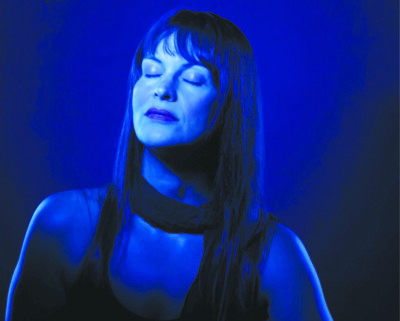The Big Story – Alumni News: After his one-calamity-after-another ways since 2018, you knew from the day the Sox traded Chris Sale to Atlanta he was going to regain his dominant form. Which he did while shutting the Sox out for six innings last week while striking out 10 in a win that moved him to 5-1 with a 2.95 ERA for the Braves through seven starts.
It should be noted that, given his injury history and track record of eventually wearing down, he’s a long way from making it through the first half, let alone the year, injury-free. It is working so far. But, as Casey Stengel used to say, you never know.
Fingers crossed.
Sports 101: Ty Cobb won the AL Batting title year between 1907 and 1919 except in 1916. Who won it that year?
News Item – Trouble Bruin For B’s: The opening series 5-1 drubbing of Florida now seems long ago. It was all downhill from there after the Bruins got drubbed themselves twice in three straight losses. First by identical 6-1 scores in Games 2 and 3. Then by blowing a 2-0 first period lead in Game 4 to go down 1-3 to the Panthers. The only glimmer of hope to take from this dire spot is that’s where Florida was before rallying to win three straight and take the series 4-3 last year. So the B’s know it can be done.
News Item – White Hot Nova Connection Burns Indy: The best story in the NBA playoffs has to be the way three teammates from Villanova’s 2018 NCAA championship team are driving the Knicks deeper into the playoffs. It’s a first of its kind story, as if the Knicks go/went on to win it all Jalen Brunson, Dominic Divicenzo and Josh Hart would be the first three guys from the same college championship to pull that off together in the NBA.
News Item – C’s Lose Game 2 Badly Again: Celtics fan boy see-no-evil ESPN announcers are repeating the line that fans are “impatient” with the Jayson Tatum-led team for not winning enough after seeing them rack up their latest Game 2 relaxation loss at home after cruising in Game 1 over Cleveland. This claim is insulting to them and delusional by the players and coaches pushing that ridiculous story. It’s just an excuse by a team that can’t stay focused when it counts. With their talent, if Tatum and company had one tenth of the fight in them that Hart, Brunson and the Knicks have shown in these playoffs, the C’s would have won the last two NBA Finals.
The Numbers:
16 – shots on goal total by the Bruins offense to 32 against in the aforementioned Game 4 loss to Florida.
40 – months in prison that rocket scientist Celtics alum Glen “Big Baby” Davis was sentenced to last week for his role in scamming the NBA health care program out of pandemic-related funds.
76 – video clips sent to the NBA office by the Pacers supposedly showing referee mistakes from just the first two games of the Pacers-Knicks.
… Of the Week
Crybaby of the Week – Pacers Coach RickCarlisle. Come on, Rick, not even I think NBA refs can miss 76 calls in just two stinking games.
Stat of the Week – Plus/Minus: For those who think points scored mean everything. When Minnesota thumped Denver 106-80 in Game 2 vs. the T-Wolves, their plus/minus leader was Jaden McDaniels at +26 despite scoring just 5 points. On the other side Denver’s high scorer was Aaron Gordon with 20, who also was their +/- leader at -33.
Random Thoughts
Hate to put pressure on the kid, but am I the only one who thinks that from certain angles Drake Maye looks like Tom Brady?
The T-Wolves’ Anthony Edwards is showing he’s on the doorstep of joining the NBA’s elite players. He has a lot of Michael/Kobe grit in him.
Sports 101 Answer: Ex-Red Sox star Tris Speaker hit .386 for Cleveland to stop Cobb’s streak. But Cobb wasn’t far off as he finished second at .370.
Final Thought – Minutes Debate: As someone who thinks players are babied down to 32 minutes a game nowadays by sissified coaches like Joe Muzzulla, I’ll be interested to see if the Knicks’ Tom Thibodeau’s pedal-to-the-middle style will hold up as the playoffs go on. Both Hart and Brunson have averaged over 43 minutes per so far, where Hart played all 48 in three straight games, while it was 42 for OG Anunoby, 44 for Brunson and Divincenzo and all 48 minutes for Hart in Game 1 was Indiana.
I’m a maniac, but even I think that has to catch up to them at some point. And maybe it did in Game 4 as the Villanova trio shot a combined 9 for 36 overall and 1-16 from downtown in a 32-point loss.
However, we’ll need a little more evidence before we know if Game 4 was just one of those bad game blowouts or if New York is getting tired.
Email Dave Long at dlong@hippopress.com.




